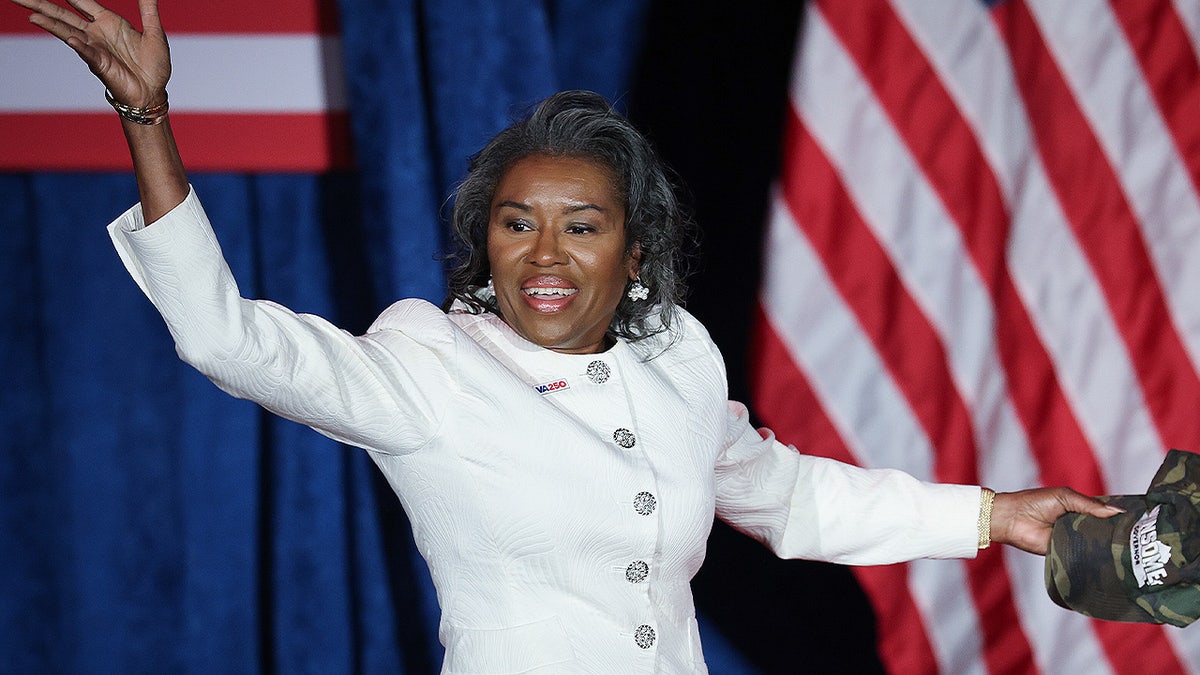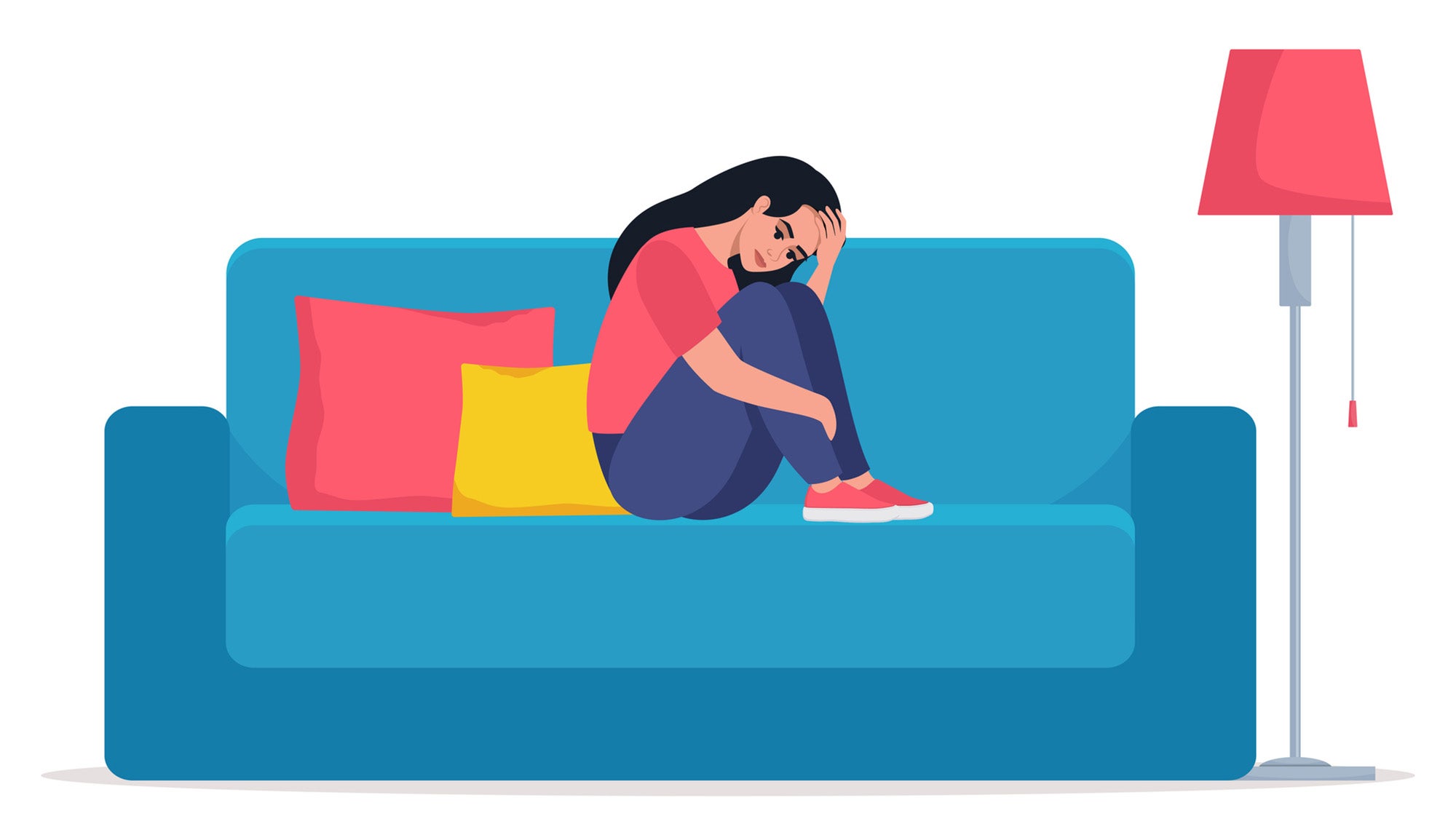Report on Initiatives Advancing Sustainable Development Goals for Women in Serbia
This report details the efforts of the Women’s Association of Kolubara District (ŽUKO), led by activist Jelena Ružić, to empower women in rural Serbia. The initiatives focus on securing inheritance rights and fostering economic independence, directly contributing to several key Sustainable Development Goals (SDGs), particularly SDG 5 (Gender Equality), SDG 1 (No Poverty), and SDG 16 (Peace, Justice and Strong Institutions).
Background: Addressing Systemic Gender Inequality
The work of ŽUKO is a direct response to entrenched traditions in Serbia that result in women relinquishing their legal inheritance rights to male relatives. This practice exacerbates financial vulnerability and dependency, undermining progress towards SDG 5. Jelena Ružić’s activism is rooted in personal experiences with economic instability and witnessing the profound injustice faced by women who, after giving up their property, were left without support or legal recourse. These experiences highlighted the critical need for targeted interventions to ensure women’s economic and legal empowerment.
Key Challenges Addressed
- Socio-cultural Norms: Widespread traditions that pressure women to waive their inheritance rights, contradicting national laws that guarantee equality.
- Economic Vulnerability: Lack of property ownership and economic independence, which is a primary barrier to achieving SDG 1 (No Poverty) and SDG 5 (Gender Equality).
- Access to Justice: Women being denied social assistance and legal protection after voluntarily relinquishing property, impeding progress on SDG 16 (Peace, Justice and Strong Institutions).
Core Initiatives and Alignment with Sustainable Development Goals
ŽUKO has launched two primary initiatives that directly support the 2030 Agenda for Sustainable Development by tackling the root causes of gender inequality.
The “How much is my share?” Campaign
Launched in 2022, this campaign raises awareness about women’s legal right to inheritance. It is a critical tool for achieving targets within several SDGs.
- SDG 5: Gender Equality: The campaign directly confronts discriminatory social norms and advocates for women’s equal rights to economic resources, including ownership and control over land and other forms of property (Target 5.a).
- SDG 16: Peace, Justice and Strong Institutions: By providing free legal counseling to over 600 women, the initiative promotes the rule of law and ensures equal access to justice for all (Target 16.3).
- SDG 10: Reduced Inequalities: The campaign empowers a marginalized group to claim their legal rights, thereby reducing inequality based on gender (Target 10.2).
The campaign’s educational component, which has reached over 1,000 high school students, aims to dismantle gender stereotypes from a young age, ensuring a more equitable future generation.
Economic Empowerment in Agriculture
ŽUKO’s work extends to building economic resilience among rural women, a vital step towards sustainable development.
- SDG 1: No Poverty & SDG 8: Decent Work and Economic Growth: Through business and technology training for 122 women in agriculture, the association promotes entrepreneurship and productive employment. The creation of the “Women’s Market” online platform during the COVID-19 pandemic provided a crucial economic lifeline, enabling up to 30 households to achieve sustainable livelihoods and move towards eradicating poverty (Target 1.4 and 8.3).
- SDG 5: Gender Equality: The platform enhances women’s economic empowerment by giving them control over their income and business operations, fostering financial independence.
Impact and Future Outlook
The work of Jelena Ružić and ŽUKO has generated significant and measurable impact, aligning with the objectives of the Beijing+30 Action Agenda. The initiatives have successfully shifted public discourse, empowered individuals, and created sustainable economic structures.
Key Achievements
- Increased Legal Awareness: The “How much is my share?” campaign reached over 4 million people, fundamentally increasing awareness of women’s inheritance rights.
- Enhanced Access to Justice: Over 600 women have received direct legal support to claim their property rights, advancing SDG 16.
- Sustainable Economic Models: The “Women’s Market” platform has become a self-sustaining, women-led enterprise, directly contributing to SDG 1 and SDG 8.
- Youth Engagement: Educational workshops are proactively addressing the root causes of gender inequality for the next generation.
The vision for the future is to build on this momentum, ensuring that all women in Serbia are aware of and can claim their rights, thereby creating a more just and equitable society in line with the Sustainable Development Goals.
SDGs, Targets, and Indicators Analysis
1. Which SDGs are addressed or connected to the issues highlighted in the article?
- SDG 1: No Poverty – The article directly links the denial of inheritance rights to women’s financial vulnerability, which is a key driver of poverty. It states that traditions are “leaving many women in Serbia, especially in small communities, financially and otherwise vulnerable”.
- SDG 2: Zero Hunger – The initiative to empower women in agriculture through training and the creation of an online “Women’s Market” addresses food security and sustainable agriculture by improving the livelihoods of women farmers and their access to markets.
- SDG 4: Quality Education – The campaign’s educational component, which involves organizing “hundreds of workshops for over 1,000 high school students across Serbia… aiming to break gender stereotypes,” directly contributes to inclusive and equitable quality education.
- SDG 5: Gender Equality – This is the central theme of the article. The entire work of Jelena Ružić and ŽUKO, from campaigning for inheritance rights to fostering economic independence, is focused on empowering women and ending gender-based discrimination.
- SDG 10: Reduced Inequalities – The article highlights the inequality between men and women regarding property rights. The campaign aims to reduce this inequality by challenging traditions that “dictating that a female should relinquish her share of property” in favor of male relatives.
- SDG 16: Peace, Justice and Strong Institutions – By providing free legal counseling and helping women navigate the legal system to claim their rights, the initiative promotes the rule of law and ensures equal access to justice, even when traditions overshadow legal protections.
2. What specific targets under those SDGs can be identified based on the article’s content?
-
SDG 1: No Poverty
- Target 1.4: By 2030, ensure that all men and women, in particular the poor and the vulnerable, have equal rights to economic resources, as well as access to… ownership and control over land and other forms of property, inheritance…
Explanation: The core mission of the “How much is my share?” campaign is to ensure women can claim their inheritance, which is a form of property and an economic resource, directly aligning with this target.
- Target 1.4: By 2030, ensure that all men and women, in particular the poor and the vulnerable, have equal rights to economic resources, as well as access to… ownership and control over land and other forms of property, inheritance…
-
SDG 2: Zero Hunger
- Target 2.3: By 2030, double the agricultural productivity and incomes of small-scale food producers, in particular women… through secure and equal access to land… financial services, knowledge, and markets.
Explanation: The creation of the online “Women’s Market” directly addresses the need for market access for women farmers, enabling them to “sell products and support their families” after supply chains were disrupted during the pandemic.
- Target 2.3: By 2030, double the agricultural productivity and incomes of small-scale food producers, in particular women… through secure and equal access to land… financial services, knowledge, and markets.
-
SDG 4: Quality Education
- Target 4.7: By 2030, ensure that all learners acquire the knowledge and skills needed to promote sustainable development, including, among others, through education for… human rights, gender equality, and promotion of a culture of peace and non-violence.
Explanation: The association’s work in organizing “hundreds of workshops for over 1,000 high school students” to break gender stereotypes and educate them on rights is a direct implementation of this target.
- Target 4.7: By 2030, ensure that all learners acquire the knowledge and skills needed to promote sustainable development, including, among others, through education for… human rights, gender equality, and promotion of a culture of peace and non-violence.
-
SDG 5: Gender Equality
- Target 5.1: End all forms of discrimination against all women and girls everywhere.
Explanation: The campaign fights the discriminatory tradition where women are expected to “relinquish her share of property… in favor of a male family member.” - Target 5.a: Undertake reforms to give women equal rights to economic resources, as well as access to ownership and control over land and other forms of property…
Explanation: This is the central focus of the article. The campaign empowers women to claim their legal right to inheritance, which is a form of property and an economic resource.
- Target 5.1: End all forms of discrimination against all women and girls everywhere.
-
SDG 10: Reduced Inequalities
- Target 10.3: Ensure equal opportunity and reduce inequalities of outcome, including by eliminating discriminatory… practices…
Explanation: The work of ŽUKO directly confronts and aims to eliminate the discriminatory practice of women giving up their inheritance, which leads to unequal outcomes in property ownership and economic stability.
- Target 10.3: Ensure equal opportunity and reduce inequalities of outcome, including by eliminating discriminatory… practices…
-
SDG 16: Peace, Justice and Strong Institutions
- Target 16.3: Promote the rule of law at the national and international levels and ensure equal access to justice for all.
Explanation: The article states that “over 600 women received free legal counseling, helping them fight for their share of family property.” This is a clear example of promoting access to justice.
- Target 16.3: Promote the rule of law at the national and international levels and ensure equal access to justice for all.
3. Are there any indicators mentioned or implied in the article that can be used to measure progress towards the identified targets?
-
For Targets 1.4 and 5.a (Property Rights):
- Indicator: Proportion of women who give up their inheritance. The article provides a baseline from a 2008 study: “Nearly half of Serbian women give up their inheritance in favor of a male family member.” Progress would be a reduction in this proportion.
- Indicator: Number of women receiving legal aid for property claims. The article quantifies this: “over 600 women received free legal counseling.”
-
For Target 2.3 (Agricultural Support):
- Indicator: Number of women trained in agricultural business skills. The article states that “122 women from Kolubara District… [were trained] in business planning, the use of modern technologies in agriculture…”
- Indicator: Number of households supported by new market platforms. The online “Women’s Market” “now helps up to 30 households run by or involving women.”
- Indicator: Volume of business on the platform. The article notes the market grew to “140 weekly orders.”
-
For Target 4.7 (Education on Gender Equality):
- Indicator: Number of students reached with educational programs on gender equality. The article specifies that the association organized workshops for “over 1,000 high school students across Serbia.”
-
For Target 16.3 (Access to Justice):
- Indicator: Number of individuals receiving free legal aid. This is explicitly mentioned as “over 600 women received free legal counseling.”
-
General Awareness Indicator (Relevant to multiple goals):
- Indicator: Reach of awareness campaigns. The “How much is my share?” campaign “reached over 4 million people through television, news outlets, and social media.”
4. Summary Table of SDGs, Targets, and Indicators
| SDGs | Targets | Indicators |
|---|---|---|
| SDG 1: No Poverty | 1.4: Equal rights to economic resources, including inheritance and control over land and property. |
|
| SDG 2: Zero Hunger | 2.3: Double the agricultural productivity and incomes of small-scale food producers, particularly women, through access to markets. |
|
| SDG 4: Quality Education | 4.7: Ensure all learners acquire knowledge and skills for sustainable development, including gender equality and human rights. |
|
| SDG 5: Gender Equality |
5.1: End all forms of discrimination against women. 5.a: Give women equal rights to economic resources and ownership/control over property. |
|
| SDG 10: Reduced Inequalities | 10.3: Ensure equal opportunity and reduce inequalities of outcome by eliminating discriminatory practices. |
|
| SDG 16: Peace, Justice and Strong Institutions | 16.3: Promote the rule of law and ensure equal access to justice for all. |
|
Source: eca.unwomen.org







